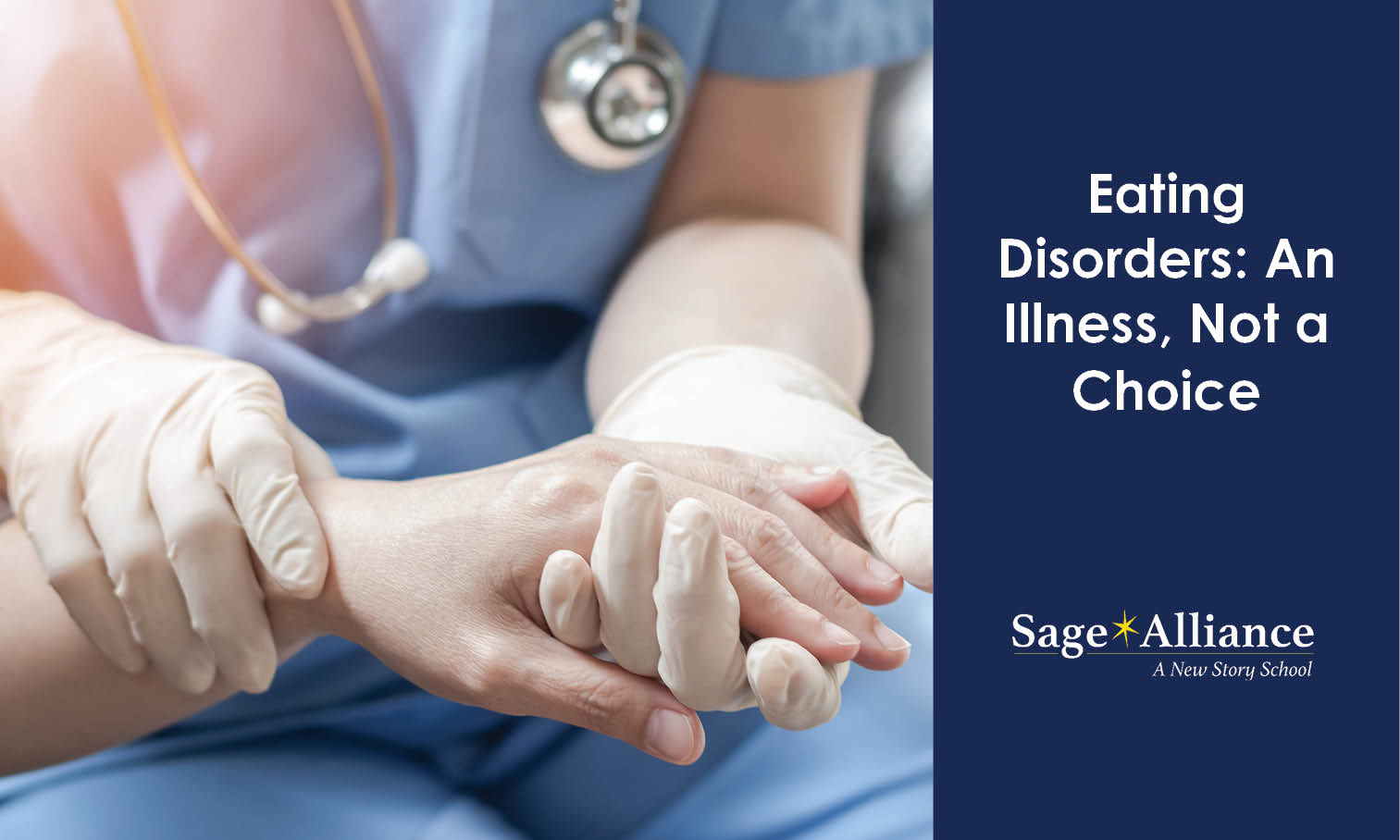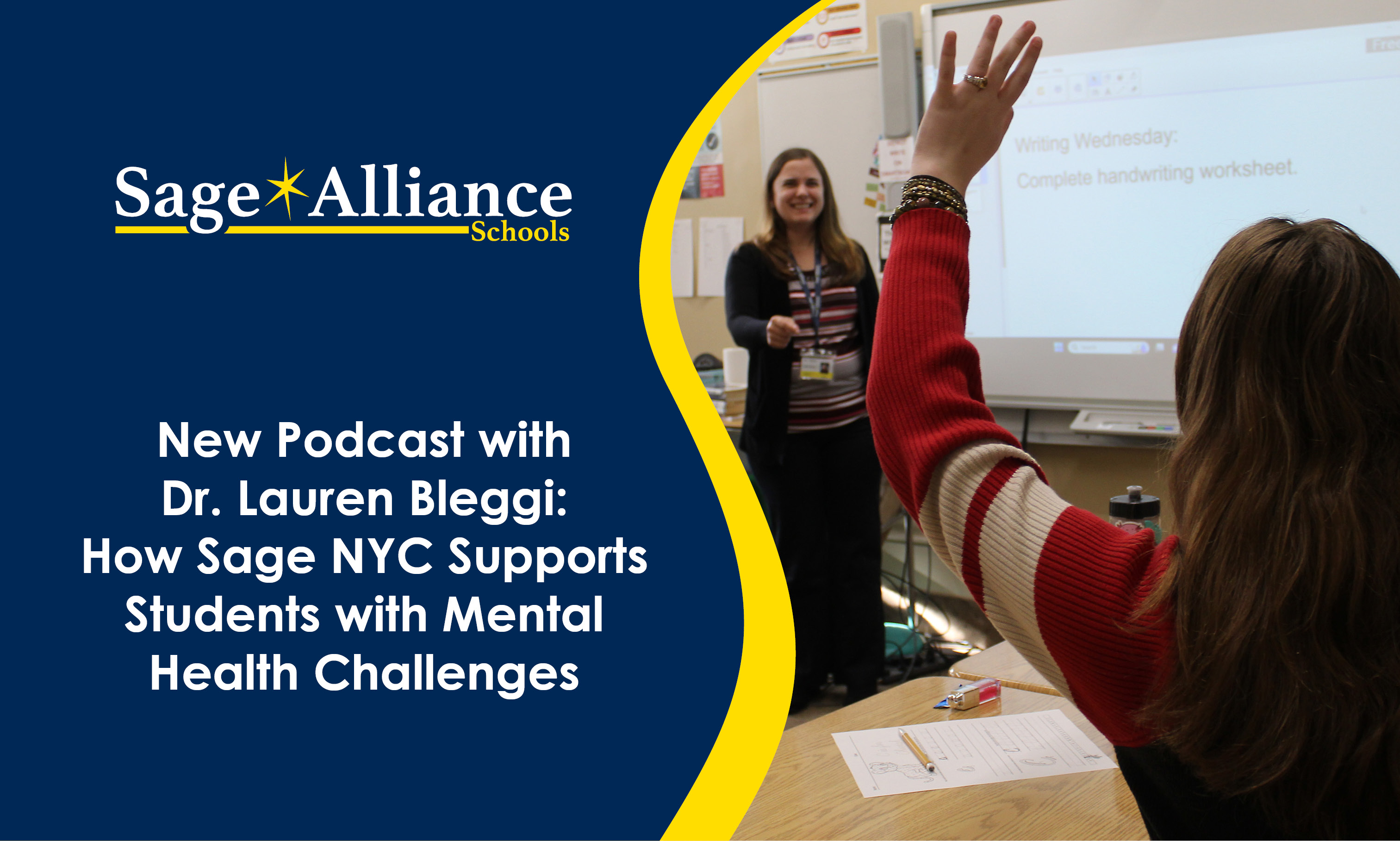Eating Disorders: An Illness, Not a Choice
Posted: July 19, 2016 | Written By: | Category: Emotional Health

By Yael
Eating disorders aren’t just a “phase” that teens go through or an extreme dieting choice. Eating disorders are a very real mental illness with very real consequences.
Anorexia has the highest mortality rate of any mental illness – 5.9 percent. Teens who struggle with anorexia and other eating disorders face serious health consequences and need help. Individual counseling, group sessions, and therapeutic schools are all options for helping teens overcome these mental health issues.
A Misunderstood Problem
Families often miss the signs of eating disorders or fail to recognize the severity of them. They may deeply misunderstand the problem, considering it a personal choice or a character flaw. The truth is that eating disorders are mental illnesses and can be tough to recognize. Not everyone with an eating disorder is underweight – teens with eating disorders can be underweight, normal weight, or even overweight.
Eating disorders also aren’t always about a desire to be thin or an aversion to food. Teens suffering from eating disorders often use unhealthy behaviors such as binging and purging, self-starvation, and extreme diets to cope with emotional issues and life situations. For them, the unhealthy behaviors they engage in relieve anxiety and stress, but in the long term these actions will only increase their mental health problems and contribute to potentially serious physical health issues.
Why Teens Develop Eating Disorders
There are a variety of factors that can contribute to eating disorders, including:
- Psychology – There are a variety of other mental health issues that can contribute to eating disorders. Anorexia and bulimia often occur alongside depression, obsessive-compulsive disorder, or anxiety issues. Low self-esteem and impulse control problems can also make teens more likely to develop eating disorders.
- Biochemistry – Teens suffering from eating disorders often have an imbalance of the chemicals that control sleep, stress, mood, and appetite. Anorexics and bulimics both often have high levels of cortisol. Researchers have also found that anorexics also often have an excess of serotonin in their bodies.
- Genetics – Some people are predisposed to eating disorders by heredity. Scientific research has found that eating disorders often run in families. Links between certain chromosomes and eating disorders have also been found.
- Societal factors – Our culture puts an intense amount of pressure on teens – especially girls – to be thin. This social pressure creates a vast amount of body dissatisfaction among them and contributes to unhealthy behaviors aimed at obtaining an unrealistic body image.
- Stressors – Eating disorders may develop as a teen’s reaction to his or her environment. Stresses like bullying, family problems, changes in social circles or romantic attachments, and other factors may contribute to eating disorders among teens.
Sage Day is a New Jersey therapeutic school offering specialized programs for students with a variety of issues, including depression and anxiety. Accredited by the Middle States Association of Colleges and Schools Commissions on Elementary and Secondary Schools, Sage Day offers a rigorous academic program in an environment that also incorporates a comprehensive clinical program.
Want to be notified of new articles and resources from Sage Alliance? Click here to submit your email and opt into our newsletter.









